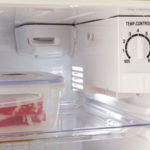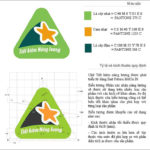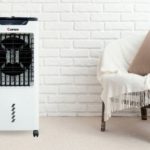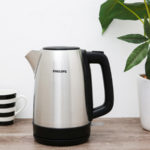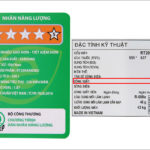Understanding Your Air Conditioner’s Swing Mode for Optimal Cooling and Energy Efficiency
Many people, when turning on their air conditioner, immediately opt for the Swing mode, directing the air vents downwards or straight at their seating position in hopes of a quick cool-down. However, this common practice can lead to increased energy consumption and a longer time to cool the entire space effectively.
The Swing mode, also known as Air Swing, offers users the flexibility to control the direction of the air vents, allowing for a customizable cooling experience. By adjusting the swing louvers on the indoor unit, you can create a comfortable environment that suits your personal preferences.
Depending on the air conditioner model, the Swing mode can manipulate one or both sets of louvers. The vertical louvers are positioned on the outside of the indoor unit, opening up as soon as the air conditioner is turned on. The horizontal louvers, on the other hand, are located deeper inside, behind the vertical ones.
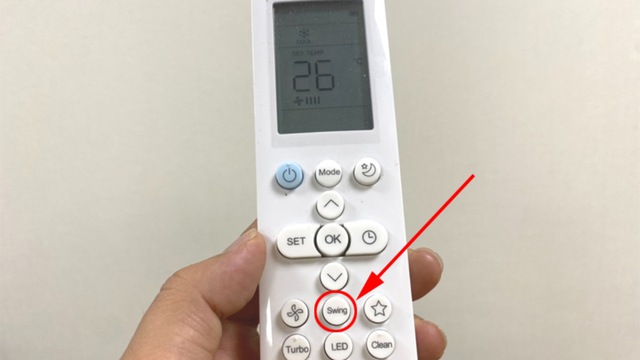
Does Using Swing Mode Consume More Electricity?
Contrary to popular belief, it is not the use of Swing mode that leads to higher electricity bills, but rather the incorrect utilization of the air conditioner’s various modes.
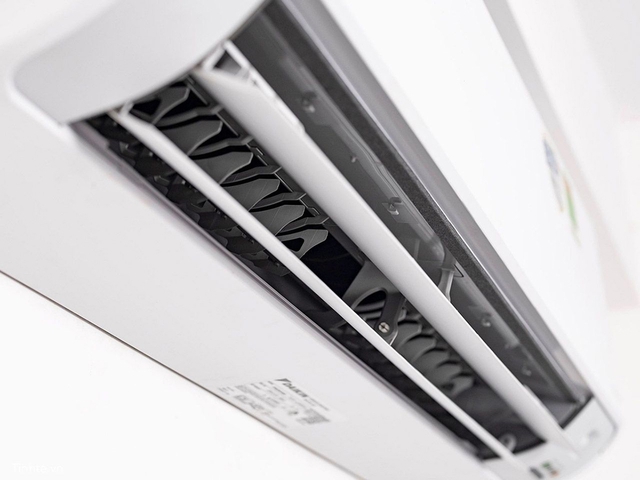
Cold air is denser than warm air and naturally sinks downwards. By directing the vents too low, your air conditioner will only be able to cool a specific, limited area, and it will take significantly longer to cool the entire room. This means that while you might feel an instant rush of cool air, the overall space will take much longer to reach a comfortable temperature, resulting in increased electricity usage.
Additionally, it is important to avoid directing the air vents directly at yourself for prolonged periods, as this can have negative consequences for your health and well-being.
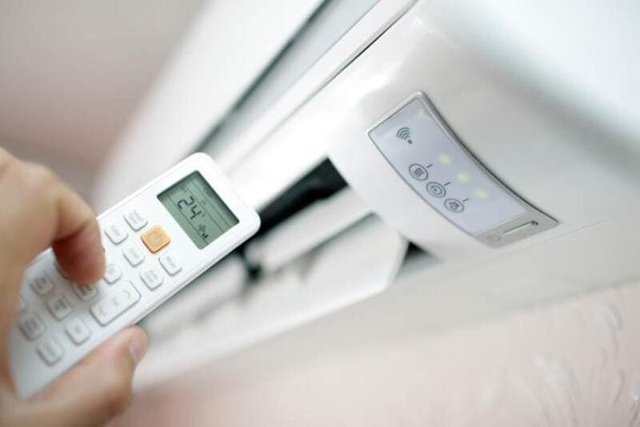
Health Considerations When Using Swing Mode
- Avoid directing the air vents at yourself for extended periods: Doing so can impact your respiratory system and cause dehydration, as well as increase the dryness of the air.
- Refrain from pointing the vents directly at you when entering from a hot environment: This can lead to heat shock, resulting in a cold, fever, or even heat stroke.
- Do not aim the vents at your sleeping position: This practice can negatively affect your health upon waking up and is particularly unfavorable for the elderly and young children.
For optimal results and well-being, it is recommended to use the Swing mode with automatic louver movement to ensure even cooling throughout the room. Additionally, setting the fan speed to the highest level will enhance the cooling performance of your air conditioner.
Summary
6 Ways to Reduce Electricity Costs with Air Cooler Fans
Maximizing Durability and Energy Efficiency with High-Speed Kettles: Tips and Advice
Are you an electric kettle aficionado? If so, you’ll appreciate Ði?n máy Xanh’s latest offering. We’ve compiled comprehensive instructions to help you make the most of your electric kettle, including tips on how to prolong its life as well as maximize energy savings. Let’s get your kettle expertise up to date!
























